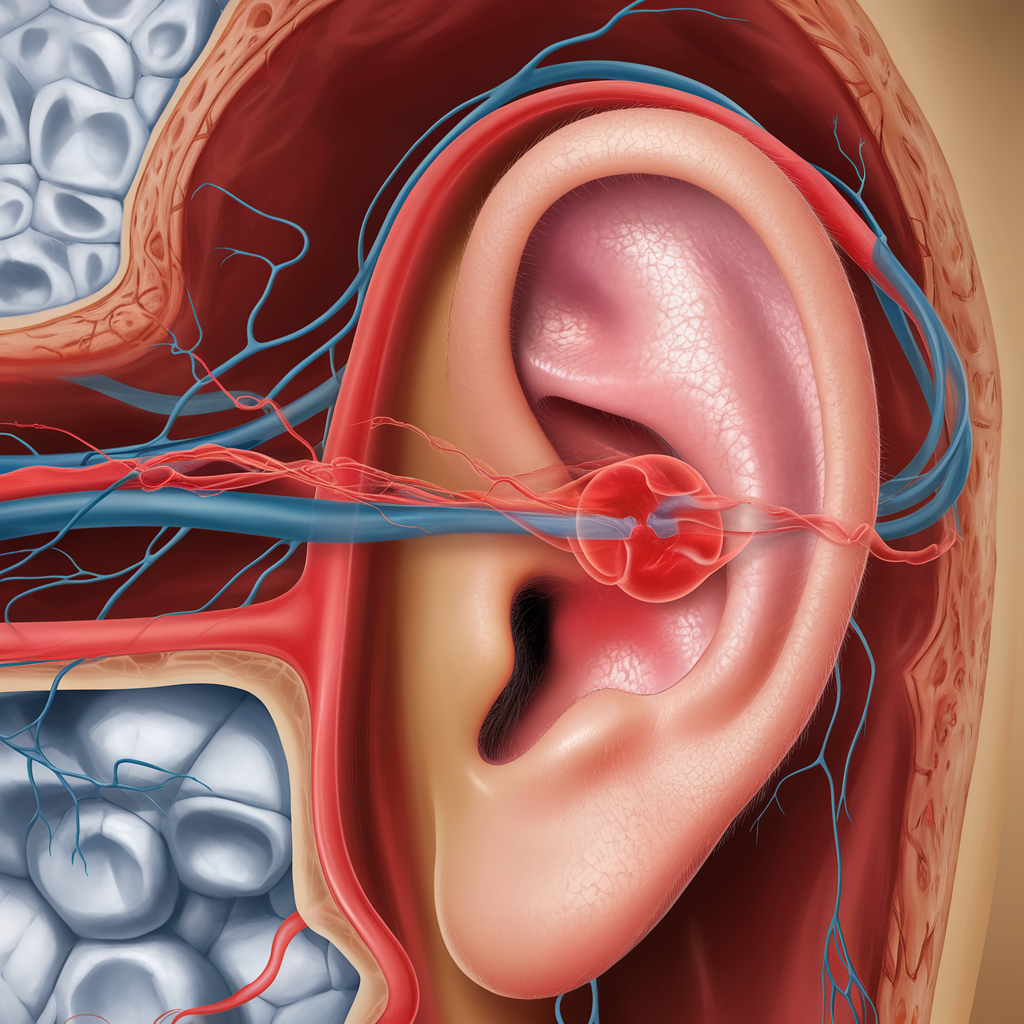Why Do You Hear a Pulse in Your Ears? Understanding Pulsatile Tinnitus and Its Solutions
Have you ever noticed a rhythmic sound in your ears that seems to sync with your heartbeat? If so, you might be experiencing a condition known as pulsatile tinnitus. While it can be alarming, understanding this phenomenon is the first step toward finding relief. In this blog post, we’ll explore what pulsatile tinnitus is, its causes, symptoms, and treatment options, empowering you to take charge of your ear health.

Understanding Pulsatile Tinnitus
Pulsatile tinnitus is a specific type of tinnitus characterized by hearing a rhythmic sound that often matches the beat of your heart. Unlike regular tinnitus, which typically presents as a constant ringing or buzzing noise, pulsatile tinnitus is linked to blood flow and can be perceived as a pulsing sound. This condition can be quite distressing, affecting your concentration, sleep, and overall quality of life.
Causes of Pulsatile Tinnitus
The causes of pulsatile tinnitus can vary widely, and understanding them is crucial for effective management. Here are some common causes:
- Vascular Issues: Conditions affecting blood vessels, such as atherosclerosis (hardening of the arteries), high blood pressure, or arteriovenous malformations, can lead to pulsatile tinnitus. These issues can cause turbulent blood flow, which may be perceived as sound in the ears.
- Ear-Related Conditions: Certain ear conditions, including ear infections, Eustachian tube dysfunction, or middle ear tumors, can also contribute to pulsatile tinnitus. These conditions may affect how sound is transmitted through the ear.
- Other Health Conditions: Various health issues, such as anemia (low red blood cell count), thyroid problems, or even pregnancy, can lead to changes in blood flow and contribute to the perception of pulsatile tinnitus.
- Less Common Causes: In rare cases, pulsatile tinnitus may be linked to more serious conditions, such as tumors or vascular malformations. It’s essential to consult a healthcare professional for a thorough evaluation if you experience this symptom.
Recognizing Symptoms
Identifying pulsatile tinnitus involves paying attention to the nature of the sound you hear. Here are some key characteristics:
- Rhythmic Sound: The sound often matches your heartbeat, making it a pulsing noise rather than a constant one.
- Timing: You may notice the sound more prominently when you’re in quiet environments or lying down.
- Associated Symptoms: In some cases, pulsatile tinnitus may be accompanied by other symptoms, such as hearing loss or a feeling of fullness in the ear.
If you experience these symptoms, especially if they are persistent or worsening, it’s crucial to seek medical advice. Early evaluation can help identify any underlying conditions and guide appropriate treatment.
Treatment Options
While there is no one-size-fits-all solution for pulsatile tinnitus, several treatment options can help manage the condition:
- Medical Treatments: Depending on the underlying cause, your doctor may recommend medications to address issues like high blood pressure or inflammation. In some cases, surgical intervention may be necessary to correct vascular problems.
- Lifestyle Changes: Implementing stress management techniques, such as mindfulness or yoga, can help reduce the perception of pulsatile tinnitus. Additionally, dietary adjustments, like reducing caffeine and salt intake, may also be beneficial.
- Alternative Therapies: Some individuals find relief through sound therapy, which involves using background noise to mask the pulsatile sound. Cognitive behavioral therapy (CBT) can also help manage the emotional impact of tinnitus.
- Personalized Treatment Plans: It’s essential to work with a healthcare professional to develop a treatment plan tailored to your specific needs. This may involve a combination of medical and lifestyle approaches.
Conclusion
Pulsatile tinnitus can be a perplexing and distressing condition, but understanding its causes and treatment options can empower you to take control of your ear health. If you experience symptoms of pulsatile tinnitus, don’t hesitate to seek medical advice. Early intervention can make a significant difference in managing this condition and improving your quality of life.
Remember, you’re not alone in this journey. Many individuals experience similar symptoms, and with the right support and information, you can find relief and regain peace of mind.
Call to Action
If you found this information helpful, please share it with others who may benefit. For more insights on ear health and wellness, subscribe to our blog!









